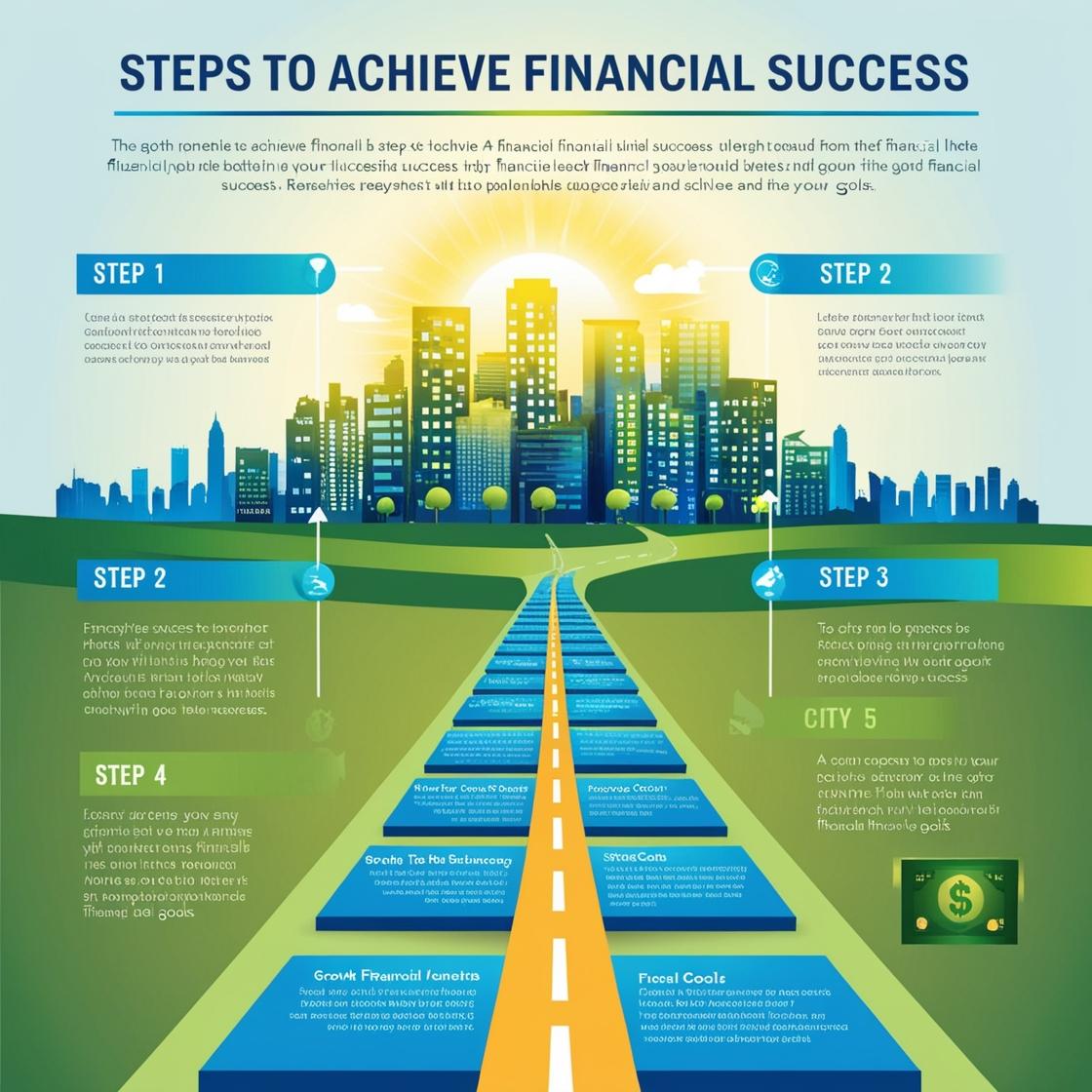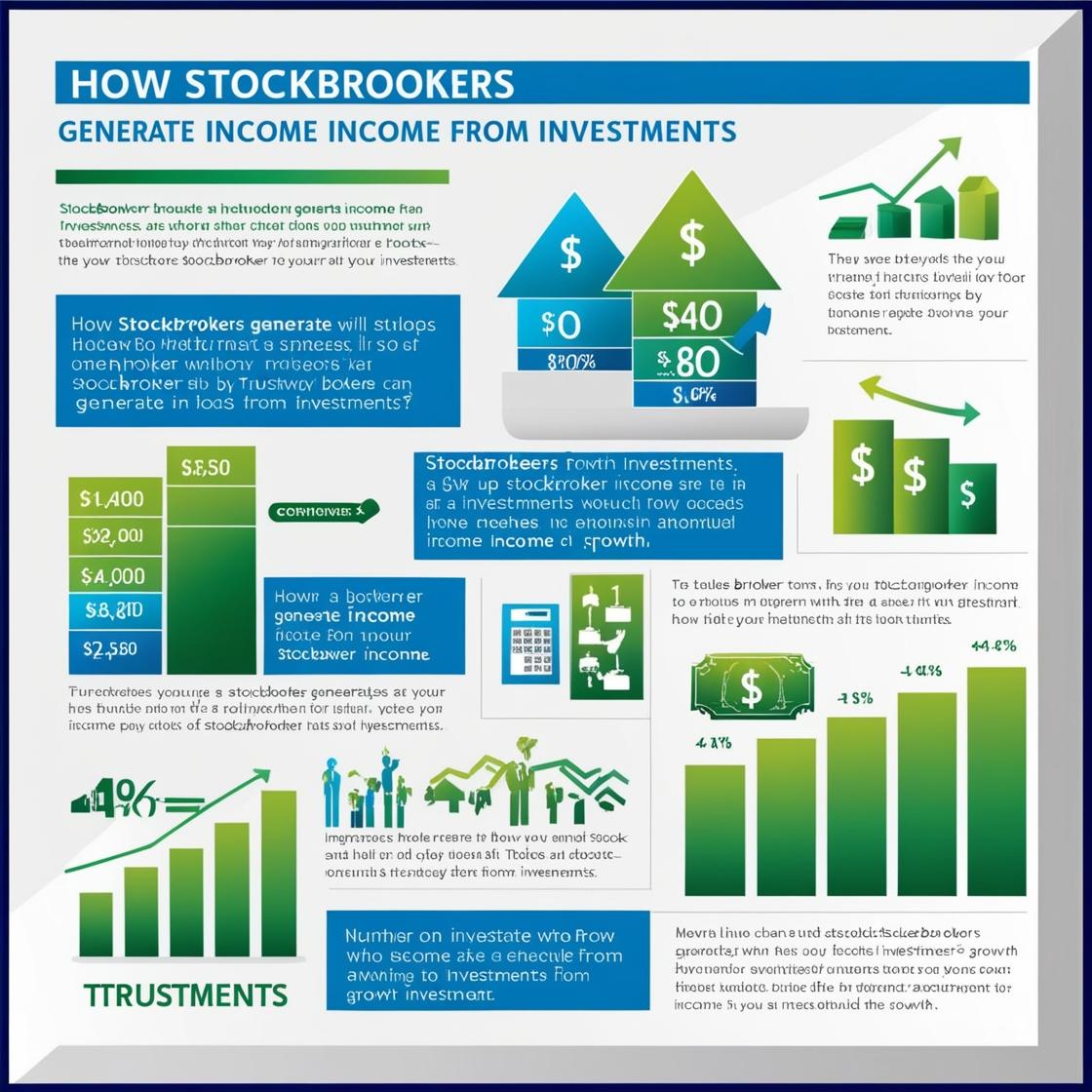
The Five Fundamentals of Financial Fitness: A Comprehensive Guide to Mastering Your Finances
In today’s fast-paced world, financial planning can seem overwhelming, especially when basic principles are often overlooked. In a recent podcast episode, Bridget Sullivan-Mermal and John Sheer shed light on what they call the **”Five Fundamentals of Financial Fitness.”** These five principles are essential for building a solid financial foundation, regardless of where you are in your financial journey. Whether you’re just starting out or looking to refine your approach, understanding and implementing these fundamentals can lead to long-term success and stability.
### 1. Save 10% of Your Income
The first fundamental of financial fitness is straightforward but crucial: Save 10% of your income. This might sound like basic advice, but it’s the cornerstone of a solid financial strategy.
– Why Save 10%?. Saving a portion of your income is not just about having money for emergencies or short-term needs. It’s about creating a habit of saving that will serve you throughout your life. As John Sheer notes, this isn’t just about saving for specific goals like a vacation or a new gadget; it’s about establishing a permanent savings habit for long-term financial health.
– Emergency Fund: This 10% savings should first be allocated to building an emergency fund. An emergency fund is a financial safety net designed to cover unexpected expenses such as medical emergencies or car repairs. Ideally, you should aim to save 10% to 30% of your annual income in this fund, depending on your personal situation and employment status.
– Retirement Planning: Once you have your emergency fund in place, consider directing some of your savings into tax-advantaged retirement accounts like a 401(k) or an IRA. These accounts offer benefits like tax deductions and tax-free growth, which are essential for long-term financial success.
### 2.Build Up Your Emergency Fund
The second fundamental is to build up your emergency fund.
– Importance of an Emergency Fund:An emergency fund provides a buffer against life’s unexpected events. Without one, you might find yourself in a difficult situation, needing to rely on loans or credit cards for unexpected expenses. Research shows that having an emergency fund can significantly reduce financial stress and increase overall happiness.
– How Much to Save: As discussed in the podcast, aim to save at least **10% of your annual income** in your emergency fund, with a target of up to **30%** if you are self-employed or have a variable income. This fund should be kept in a liquid, easily accessible account.
### 3. Use Credit Cards Wisely
The third principle is to use credit cards wisely.
– Avoiding Credit Card Debt: One of the biggest financial pitfalls is accumulating credit card debt. The key is to pay off your credit card balance in full each month** to avoid high interest charges and debt accumulation.
– Behavioral Aspect: Credit card debt is not just a financial issue but also a behavioral one. As Bridget Sullivan-Mermal points out, managing credit card use is crucial because it’s easy to fall into the trap of spending more than you can afford.
### 4. Buy a Right-Sized House
The fourth fundamental is to buy a right-sized house.
– Housing Affordability: Many people stretch their budgets to buy a house they think they can afford, based on what the bank says rather than their own financial reality. John Sheer advises spending two to two and a half times your annual income on a house to avoid financial strain.
– Avoiding Overextension: It’s essential to budget realistically for housing costs and avoid becoming “house poor,” where you have too many financial constraints because of your mortgage payments. A detailed budget should reflect not just the purchase price but also ongoing costs like maintenance, property taxes, and utilities.
### 5. Invest in Yourself
The fifth and final fundamental is to invest in yourself.
– Continuous Learning: Investing in yourself means prioritizing your own education and personal development. This includes formal education, continuing professional education, and personal growth activities.
– Why It Matters: Personal and professional development can lead to better job opportunities, higher earnings, and personal satisfaction. As John Sheer and Bridget Sullivan-Mermal discuss, the effort you put into learning and self-improvement will pay off over time, much like saving and investing.
### Conclusion
Understanding and applying these five fundamentals—saving 10% of your income, building an emergency fund, using credit cards wisely, buying a right-sized house, and investing in yourself—are essential steps for achieving financial fitness. These principles are not just theoretical ideas but practical steps you can take to build a stable and prosperous financial future.
As John and Bridget emphasize, mastering these basics is crucial for long-term success. While financial planning might seem complex, focusing on these core principles can simplify your approach and set you on the path to financial security.









